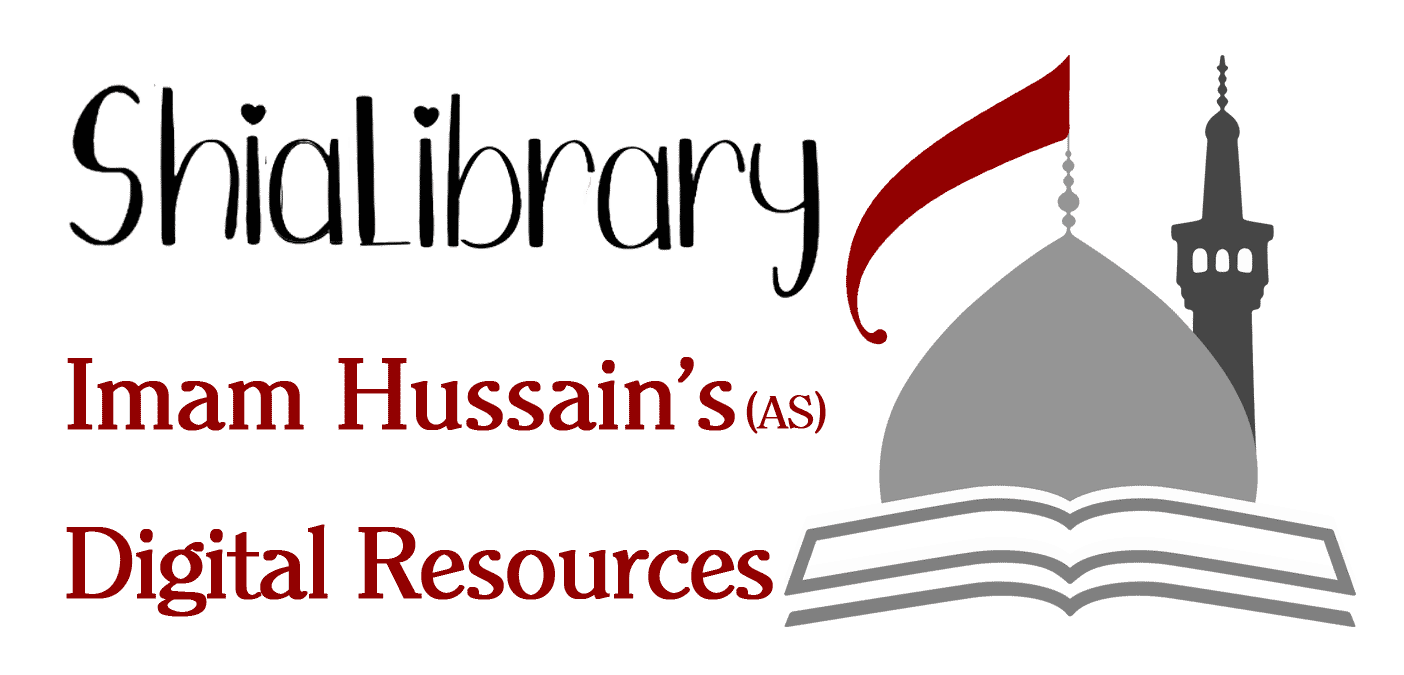| contributor author | سقا، فرشته | fa |
| contributor author | فتاحی زاده، فتحیه | fa |
| contributor author | شفیعی سروستانی، ابراهیم | fa |
| date accessioned | 2025-05-07T08:06:33Z | |
| date available | 2025-05-07T08:06:33Z | |
| identifier uri | http://hdl.handle.net/110/26846 | |
| description abstract | Thinkers and researchers on topics such as the end of history and future of humanity is always study and research. Different scientific schools have offered several projects in the future issue but the historic pattern of Quran is the most perfect and the most promising of them. What the Quran offers the future is full of goodness and prosperity for all humanity. Based on the future-oriented ideas seen in the Quran، Humans by their will and by use of raised rules of history are not a passive about their future. They also with gaining knowledge about their future and the world future can conscious determine their fate and the universe. The first، this paper tries to explain the Principles of future oriented thinking with use the interpretation the verses of the Quran and Speaking infallible Imams (PBUH). Second، it tries prove the active role of man in the realization of the promised future of Qur'an، using thinking principles that have been deduced from the Quran. | en |
| description abstract | آینده بشریت و فرجام تاریخ، همواره مورد دقتنظر متفکران و اندیشمندان الهی و غیرالهی بوده است. از میان طرحهای تاریخی موجود در مکاتب مختلف، قرآن کاملترین و نویدبخشترین طرح را برای بشریت ترسیم نموده که براساس آن، آیندهای سرشار از خیر و سعادت برای همه انسانها بیان گردیده است. برمبنای تفکر آیندهگرای قرآن، انسانها با اراده خویش و بهکارگیری قوانین جاری تاریخ که در قالب سنتهای اجتماعی- تاریخی در آیات مطرح شده، بههیچوجه نسبت به آینده خویش منفعل و مجبور نبوده، بلکه بدین وسیله آگاهی لازم برای ساختن آینده خود و جهان را کسب کرده و با ارادهای فعال، مسیر آینده جهان و سرنوشت خود را معین میسازند. بر این اساس، مقاله حاضر بر آن است تا در ابتدا مبانی تفکر آیندهگرای قرآن را با استفاده از تفسیر آیات و سخن معصومان (ع) تبیین نماید و سپس نقش فعال انسان را در تحقق آینده موعود از نظر قرآن با استفاده از مبانی تفکر آیندهگرای این کتاب الهی اثبات نماید. | fa |
| language iso | الفارسية | ar |
| language iso | Persian | en_US |
| language iso | فارسی | fa |
| title | نقش اراده انسان در تحقق آینده موعود از منظر قرآن | fa |
| type | مقاله | |
| type | بحوث و مقالات | ar |
| type | Article | en_US |
| journal title | انسان پژوهی دینی | fa |
| source Database | Noormags | |
| contenttype | فقط بیانات | ar |
| contenttype | Metadata Only | en_US |
| contenttype | فراداده | fa |
| subject keywords | Quran | en_US |
| subject keywords | authority | en_US |
| subject keywords | Algebra | en_US |
| subject keywords | Promised Future | en_US |
| subject keywords | Human Will | en_US |
| subject keywords | Historical Laws | en_US |
| subject keywords | قرآن | fa |
| subject keywords | جبر | fa |
| subject keywords | اختیار | fa |
| subject keywords | قوانین تاریخی | fa |
| subject keywords | اراده انسان | fa |
| subject keywords | آینده موعود | fa |
| year publication | 1393 | |
| source Onlinelink | https://www.noormags.ir/view/fa/articlepage/1063912 | |
| pages | 20 | |

